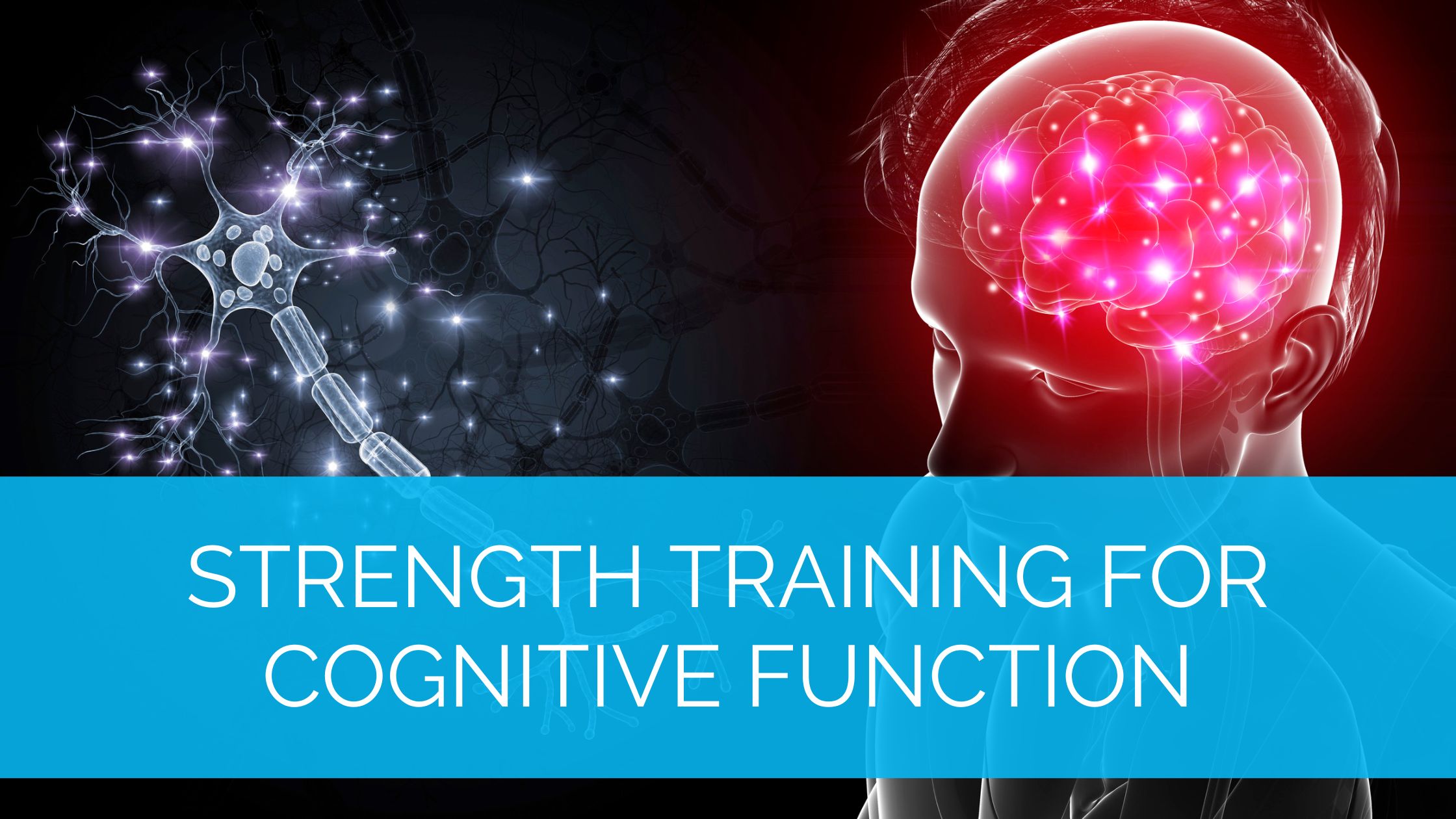In this article, I’m going to discuss the benefits of strength training for brain health. We’ll take a look at the abundant research around muscle mass and quality and their relationship to cognitive decline with age. What we’ll see is that strength training to maintain muscle mass is the most direct ways to preserve cognitive function. And the best part? It doesn’t have to take more than an hour per week!
Muscles give the brain its purpose.
The function of the brain, fundamentally, is to plan movement. Everything we do, from walking and talking, to simply breathing and moving our eyes, requires the coordination of muscle actions controlled by our brains. It’s natural to think of ourselves as enlightened beings with brains designed for deep philosophical thoughts. But throughout nature, organisms that have no need to move also have no need for a brain at all. Biology is full of examples that prove this rule. Animals like corals and shellfish that don’t actively move (not counting the mousetrap-like automatic actions of some plants and mollusks) don’t have brains.

One creature that perfectly illustrates this fact is the sea squirt. The sea squirt is a tunicate – an invertebrate marine animal. Initially, it has a nervous system and swims in search of a place to permanently anchor down, not unlike an anemone or coral. But, once this creature has found its forever home, it literally digests its brain. It no longer has the need for planning and coordinating movement.
And fascinatingly, researchers at Stanford are exploring the relationship between the planned neurological degeneration the sea squirt undergoes, and the neurological degeneration humans experience as a part of aging. One thing that is clear is that brains exist to control muscles. So it should come as no surprise that as muscles deteriorate, so does the brain. If we want our brains to stay robust, it makes sense then that keeping our muscles robust is essential. And it turns out that the research does support this fact.
Muscle mass, strength, and quality are related to cognitive function
As we have highlighted many times, we lose 3-8% of our strength every decade without training, with the associated losses in skeletal muscle mass known as sarcopenia. Losing strength plays a huge role in an elderly person’s risk for a fall, a life-altering hip fracture, and a general decline in function to where they can no longer live alone. But more disabling than any of these problems is a loss in cognitive function. And it turns out that individuals with sarcopenia are more than twice as likely to suffer cognitive decline with age! Keeping our muscle mass is one of the best ways to ensure we preserve our mental acuity.

Just as the mass and strength of muscles play a crucial role in cognitive function, the quality of muscles – the proportion of muscle to fat within them – is equally important. We discussed this in our recent article on myosteatosis, a condition where fat begins to infiltrate muscle tissue, leading to a decrease in muscle quality. This deterioration can impair functional strength, causing not only physical limitations but cognitive ones as well. A decrease in muscle quality means a decrease in the production of beneficial myokines, thereby affecting the brain. Research has further shown that individuals with higher muscle quality demonstrate enhanced cognitive performance, reinforcing the close-knit relationship between muscle and mind.
Strength training with high intensity of effort may prevent cognitive decline.
Muscle strengthening exercise prevents cognitive decline in 3 ways. It sends healthful chemical signals to the brain (BDNF), lowers systemic inflammatory chemicals (IL-6), and improves metabolic health (insulin sensitivity and blood glucose control).
Muscle is not a “dumb” tissue. It’s actually a powerful endocrine organ system, releasing chemical signals that have widespread effects on bone density, metabolic health, and brain function. Some of these chemical signals, called “myokines”, actually cross the blood-brain barrier and influence the production of beneficial compounds in the brain such as Brain-Derived Neurotrophic Factor (BDNF). When we lose muscle and become sedentary, the drop in these important chemical signals affects the brain in many negative ways, including impaired energy metabolism. Resistance training with high intensity is a uniquely beneficial and time-efficient way to optimize levels of BDNF in the brain.

Furthermore, as muscles shrink due to disuse, metabolic health declines and systemic inflammation becomes elevated. The resulting inflammatory and oxidative stress are likely contributors to cognitive decline. Interleukin-6, an inflammatory biomarker associated with obesity and sarcopenia, is an independent predictor of the risk of dementia. This is just one more reason why muscle strengthening exercise is essential. Particularly in those over age 65, strength training seems to lower systemic inflammatory markers like IL-6, with higher training intensities showing the most benefit. Resistance training may simply be one of our best mechanisms to prevent cognitive decline. By lowering systemic inflammation and managing glucose metabolism, muscle strengthening exercise prevents neurological deterioration and promotes brain health.
One study showed that strength training with very high levels of effort led not only to improvements in cognitive function compared to controls, but also better improvements in muscle mass and body fat. This is likely due to the hugely beneficial effects strength exercise has on blood sugar control and metabolic health. These benefits further reinforce the protective effects resistance training has for cognitive function. By maintaining good metabolic health, strength training can prevent the damage metabolic dysfunction causes to the brain with age.

Conclusion: Strengthen your muscles to prevent cognitive decline.
None of us wants to outlive our brains. And if the sea squirt is any example, the best way to prevent our brains from wasting away is to keep reinforcing our need for a robust movement system healthy. Neglecting our muscles risks not just physical decline, but cognitive decline as well. The importance of strength training then isn’t just about looking good or getting stronger – it’s about preserving our cognitive function. By engaging in regular strength training to nourish our muscles, we can protect our brains from many of the risk factors for cognitive decline.

